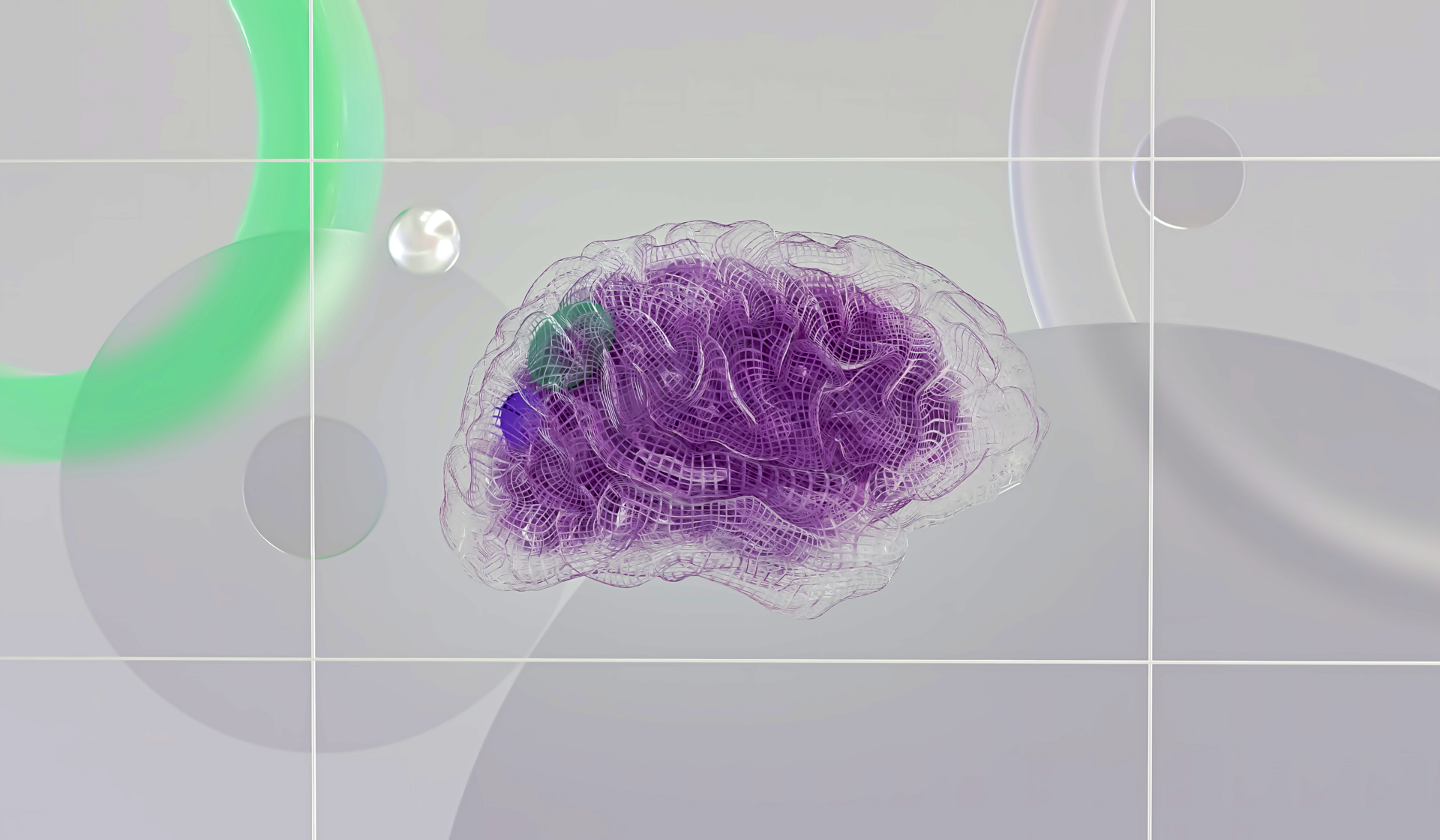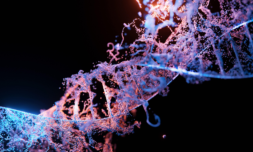PsychoGenics has developed a drug-discovery application powered by AI technology. Its first objective is to find a formula capable of effectively treating schizophrenia.
The development of new drugs is an impressive science, but most cases begin with an educated hunch and a lot of guess work.
Around only 1 in 1,000 candidates for new treatments ever make it to clinical trials for human testing, and just 1 in 10 of these end up on the market.
Many of the drugs available in pharmacies internationally will have likely taken some 10 years to develop and cost millions of dollars. This may not be the case for much longer regarding psychotic treatments, however, as researchers turn to the increasingly familiar tool of AI.
PsychoGenics, a preclinical organisation hailing from New Jersey, is keen to carry forth the new frontier of medical serendipity using its eponymous platform as well as something called ‘SmartCube’.
The earliest stage of screening is carried out by the former tool, which searches through mounds of complex data on molecular patterns that could otherwise take researchers an entire lifetime.
Before long, the machine gains an understanding of properties like toxicity, bioactivity, and even key characteristics that can be used to form entirely new compounds.
Where, traditionally, the process has been hypothesis driven – and limited – ideas can now be ratified or discounted quickly using the AI and what scientists call ‘data driven’ research.
When it comes to the potential influence of environmental factors on disorders such as schizophrenia and developing psychotic treatments for them, the next phase of AI testing comes in with SmartCube.




















